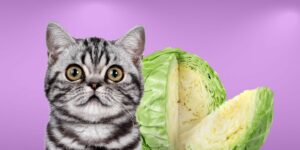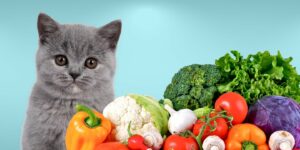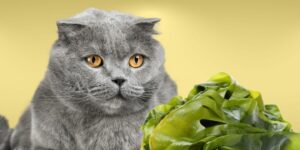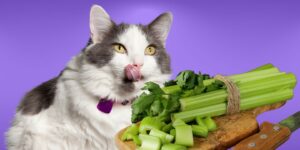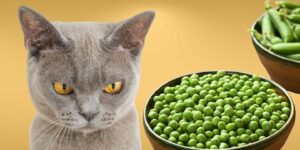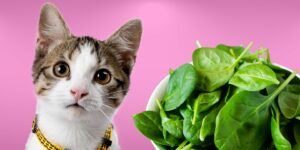Cats have unique dietary requirements and it's important for cat owners to understand which human foods are safe for their feline friends. While people might consider feeding their cats Brussel sprouts due to their nutritional benefits for humans, cats should not eat Brussel sprouts because they can cause gastrointestinal distress and potential toxicity.
Can Cats Eat Brussel Sprouts?
The short answer is no, cats should not eat Brussel sprouts. Although these vegetables are healthy for humans, they contain compounds that can be harmful to cats.
Health Risks Associated with Brussel Sprouts for Cats
Isothiocyanates and their effects on cats
Brussel sprouts, like other cruciferous vegetables, contain a compound called isothiocyanate. This compound can cause gastrointestinal upset in cats, leading to symptoms such as vomiting and diarrhea. In large amounts, it can even be toxic and potentially lead to liver damage.
High fiber content and issues it can cause in cats
Brussel sprouts are high in fiber, and while fiber is an important component of a cat's diet, too much can cause digestive issues.
Vitamin K interaction with blood clotting medications
Brussel sprouts also contain a significant amount of vitamin K, which can interfere with blood clotting medications that some cats may be taking.
Allergic reactions and individual cat sensitivities
Some cats may have individual sensitivities or allergies to Brussel sprouts, causing further complications if consumed.
Safe Vegetable Alternatives for Cats
Instead of Brussel sprouts, consider offering your cat some safer vegetable options.
Cooked pumpkin
Cooked, plain pumpkin is a great source of fiber and can help with digestion. Make sure to prepare and serve it without any added sugars, salts, or spices.
Cooked green beans
Cooked, plain green beans are also a good option, as they are low in calories and high in vitamins and minerals. As with pumpkin, serve them without any added seasonings.
Other safe vegetables for cats
Other safe vegetable options include cooked carrots, peas, and spinach. Remember to always consult with your veterinarian before introducing new foods to your cat's diet.
Dangerous Human Foods for Cats
Cats should also avoid certain human foods that can be dangerous for them, such as:
- Onions and garlic
- Grapes and raisins
- Chocolate
- Alcohol
- Caffeine
- Xylitol
Feeding Guidelines for Cats
It's important to provide a balanced and species-appropriate diet for your cat. Treats and safe human foods should only make up a small portion of their diet, around 10% or less. Consult with a veterinarian for personalized dietary recommendations.
Conclusion
In conclusion, cats should not eat Brussel sprouts due to the potential health risks. Instead, offer safe and healthy alternatives, such as cooked pumpkin and green beans, in small portions as treats. Always consult with a veterinarian before making any changes to your cat's diet.




